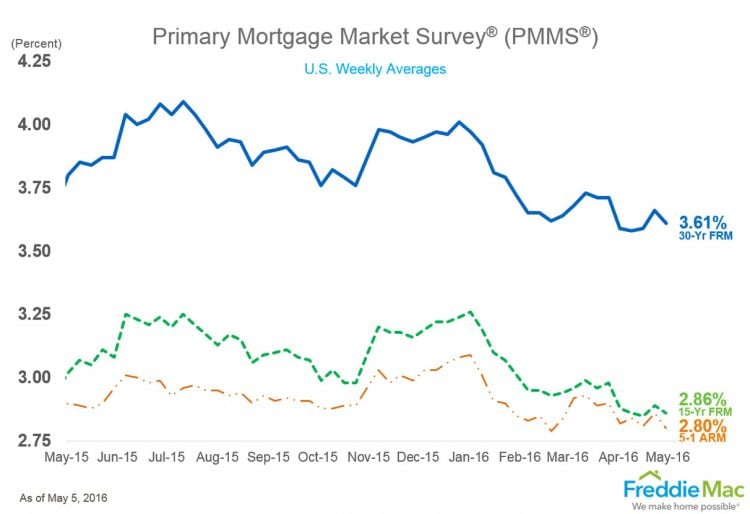
Federal Reserve Chair Janet Yellen speaks at the Radcliffe Institute for Advanced Study at Harvard University, where she received the Radcliffe Medal.
Yellen said the recovery appears to be picking up steam after losing momentum in the first quarter of the year. Fears of a slowdown in China and emerging markets, falling oil prices and a rising dollar had sent financial markets into a tailspin. But the U.S. economy continued to expand and add a healthy number of jobs. On Friday, the government increased its estimate of growth in the first quarter to 0.8 percent. That number is forecast to jump to 2.9 percent in the second quarter, according to the Federal Reserve Bank of Atlanta.
“The economy is continuing to improve,” Yellen said during a discussion at the Radcliffe Institute for Advanced Study at Harvard University. She emphasized that the Fed would move “gradually and cautiously” in raising its influential interest rate and that “probably in the coming months such a move would be appropriate.”
The timing of a rate hike has been the focus of intense debate among economists and on Wall Street. In December, the Fed increased the target for its benchmark federal funds rate — which banks pay to borrow from each other overnight — the first increase since the country plunged into recession nine years ago. The central bank slashed the rate all the way to zero in an aggressive and unprecedented bid to avert another Great Depression.
The effort was led by Yellen’s predecessor, Ben Bernanke, and she praised his stewardship of the American economy as “nothing short of magnificent” in her remarks on Friday. But Yellen also faces perhaps an equally daunting task of unwinding the massive stimulus programs he put in place — and it starts with raising interest rates.
Yellen and many of her colleagues in the top ranks of the Fed had expected to increase rates four times this year as the nation’s economic recovery continued to strengthen. But the volatility during the winter stayed their hand, and investors increasingly bet that the Fed would only hike once this year, if at all.
Recently, however, central bank officials have emphasized the underlying strength of the U.S. recovery and the relative calm in the global economy. Wall Street has regained the ground it lost earlier in the year. The price of a barrel of U.S. oil reached more than $50 on Thursday, the highest point of the year, and the dollar is off its recent highs.
The Fed is slated to meet in Washington next month to decide whether to raise interest rates again. In a speech Thursday at the Peterson Institute for International Economics, Fed Gov. Jerome Powell said he believed “another rate increase may be appropriate fairly soon” if the economic data remains firm. Other top Fed officials have said they now anticipate two, or perhaps even three, rate hikes this year.
Investors have upped the chances that the central bank will hike rates in June to roughly 34 percent from just 13 percent a month ago, according to the CME Group’s FedWatch tool. However, the Fed will have to make that decision just one week before Britain’s historic vote over whether to remain within the European Union, and the outcome of the referendum has the potential to rattle financial markets. Yellen’s comments left open the possibility that the Fed could choose to raise rates at its meeting in July to avoid additional volatility. On Friday, the likelihood of a rate hike in July jumped to more than 60 percent.
“Yellen’s comments confirmed that the [Fed] is close to a rate hike, assuming the data hold up, but that no decisions have been made about the precise timing,” said Laura Rosner, senior economist at BNP Paribas. “It will be a collective decision.”
Yellen was at Harvard to receive the Radcliffe Medal, awarded to those who have had a “transformative impact on society.” Bernanke delivered her introduction, calling her a role model for future generations. Yellen is the first woman to lead the Fed in its 101-year history.
When Yellen spoke during central bank meetings, “everyone would go very silent because everyone would want to hear the entire argument.” Bernanke said. “She was a terrific colleague and an invaluable ally.”
